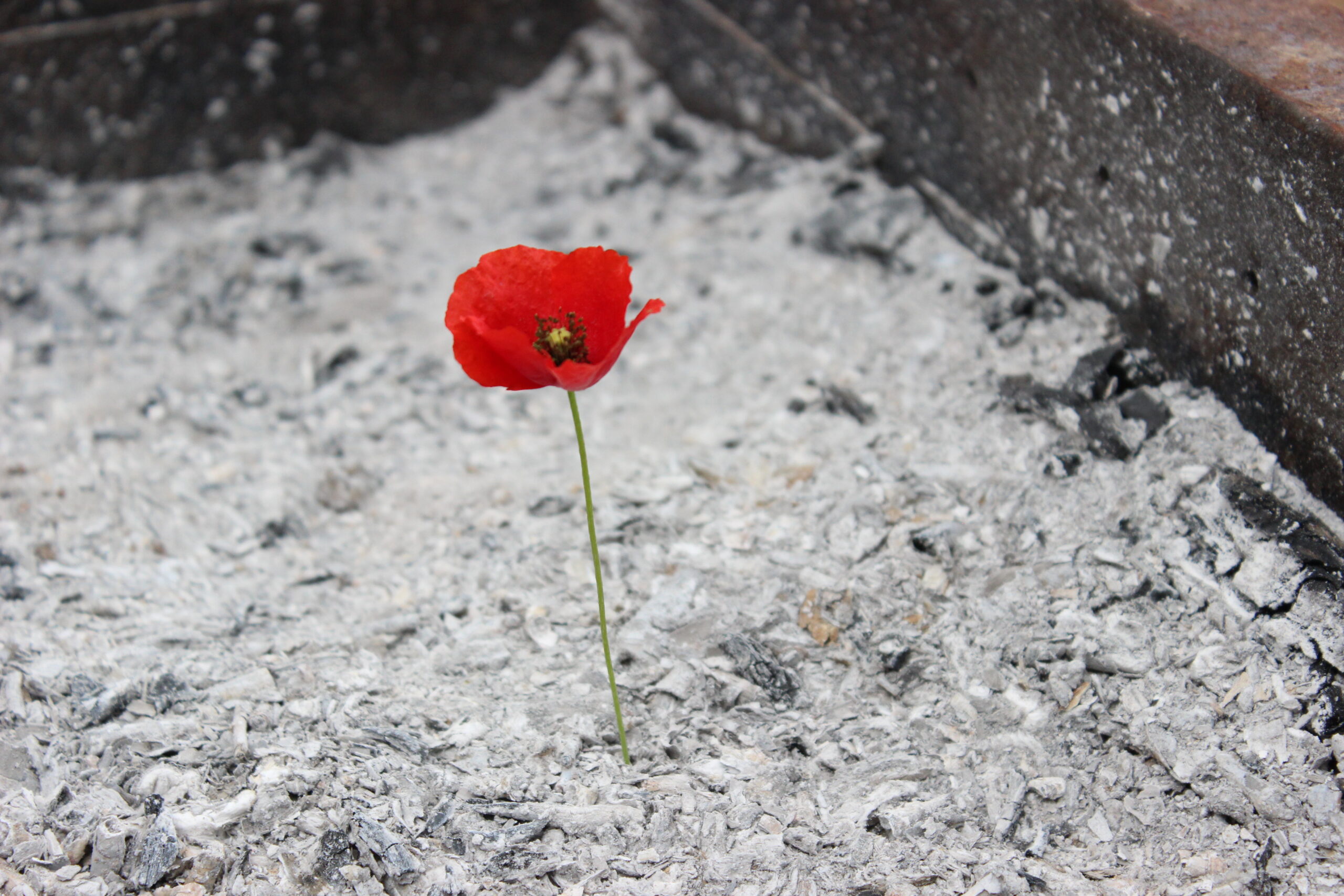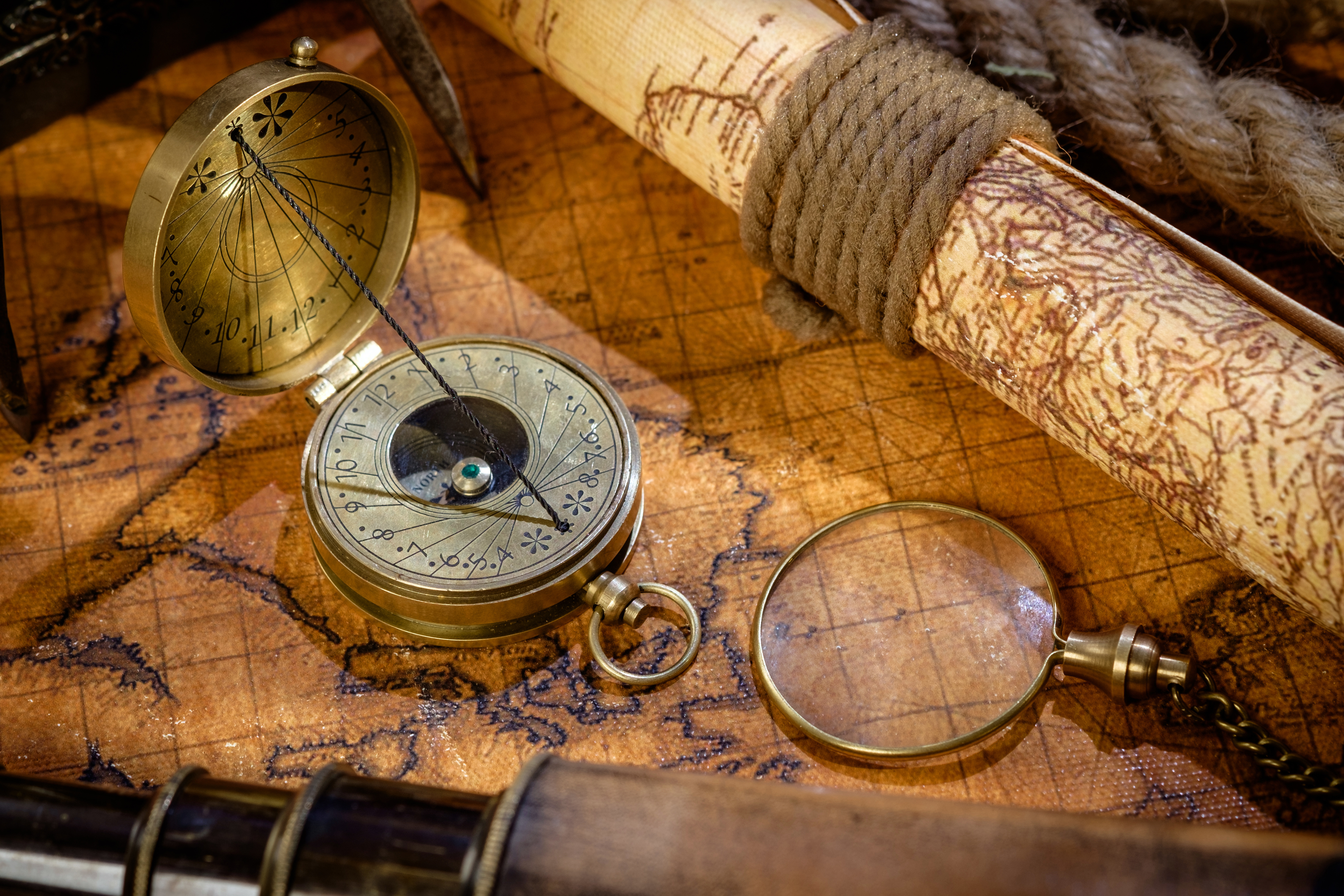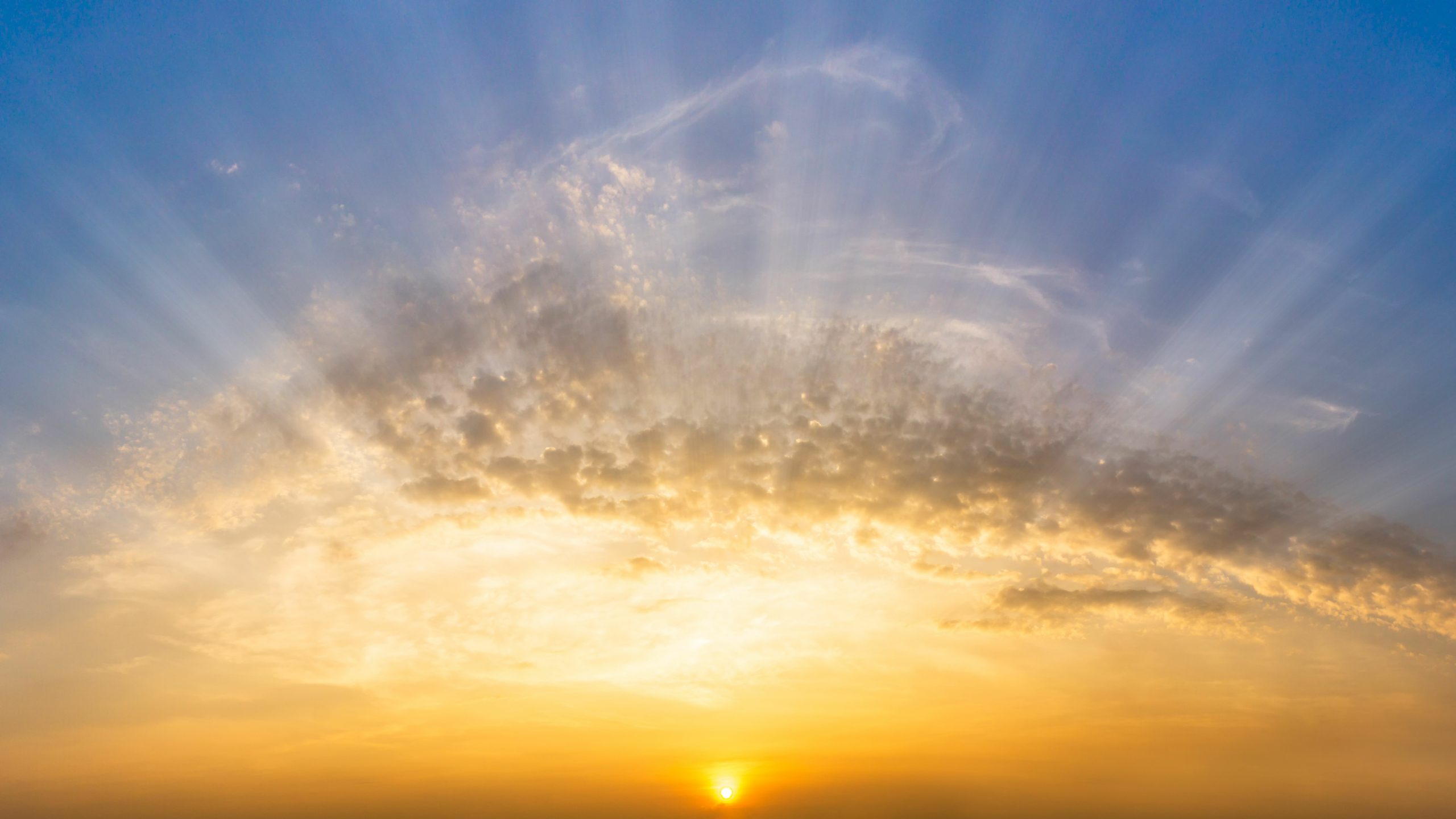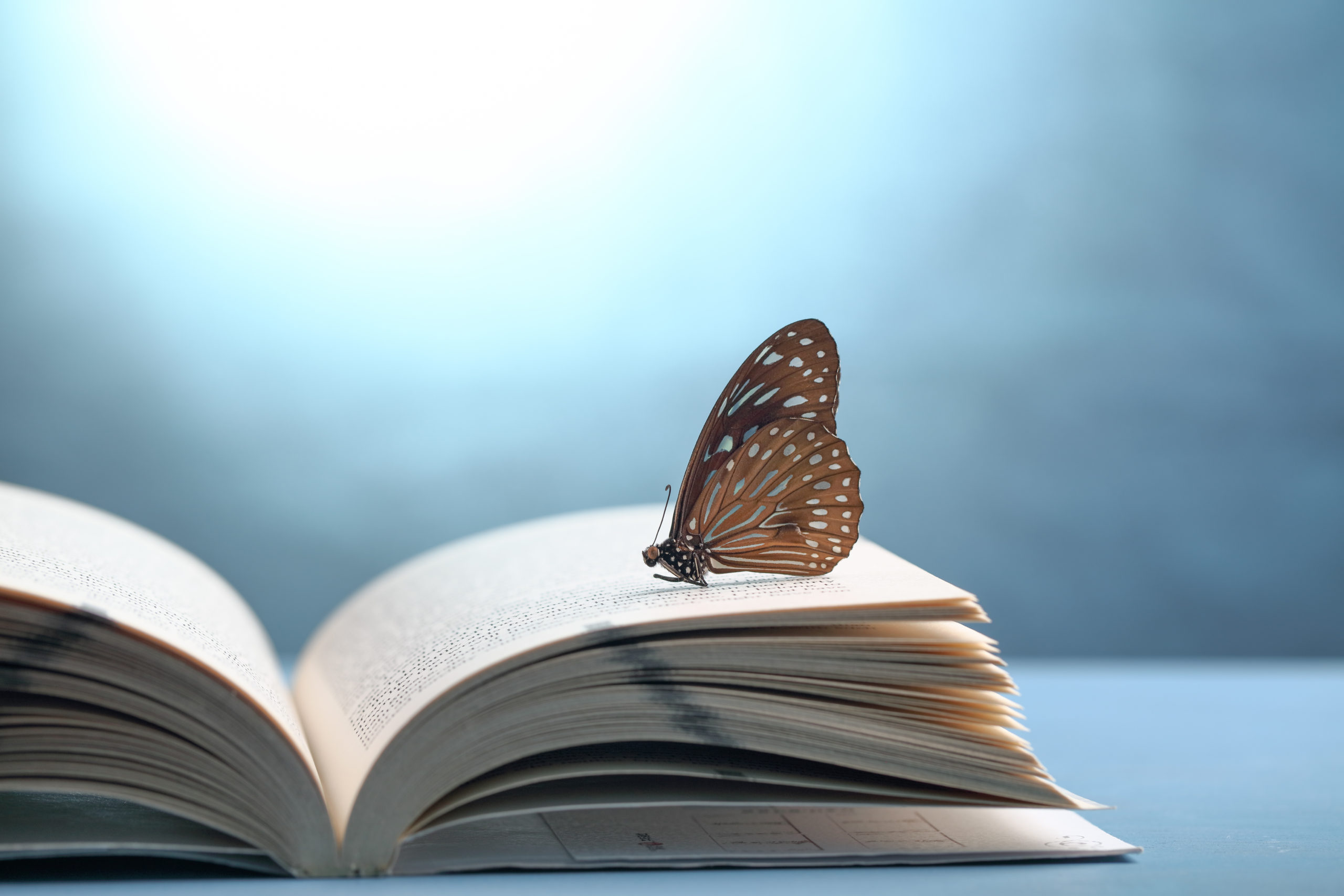Katie Steedly’s first-person piece [The Unspeakable Gift] is a riveting retelling of her participation in a National Institutes of Health study that aided her quest to come to grips with her life of living with a rare genetic disorder. Her writing is superb.
In recognition of receiving the Dateline Award for the Washingtonian Magazine essay, The Unspeakable Gift.
Enter your email here to receive Weekly Wide-Awake
Silence
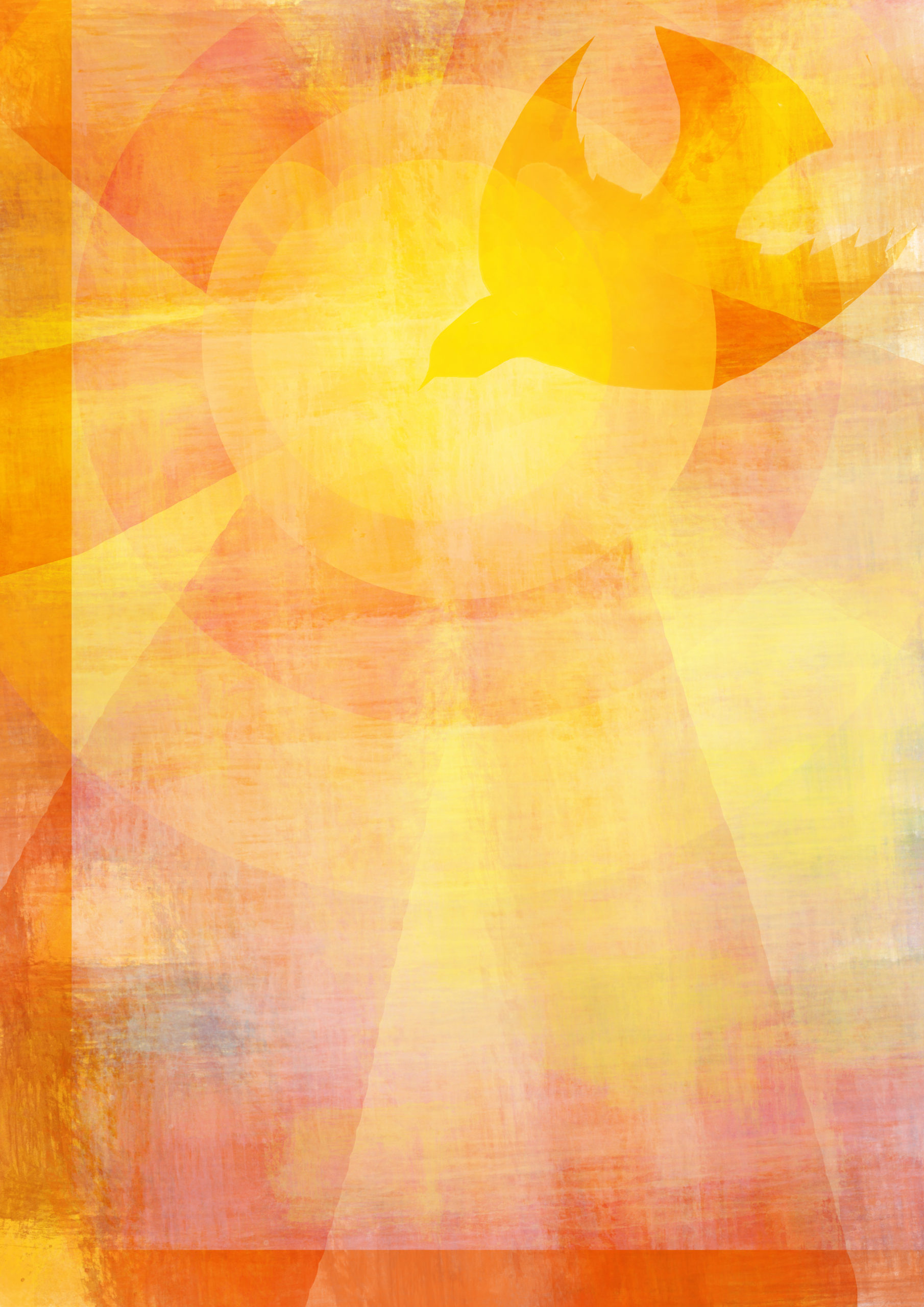
“Through the portals of silence, the healing sun of wisdom and peace will shine upon you.”
– Paramahansa Yogananda
Determined to read the books that have been on my shelves for years, I am reading my way through Robert Lawrence Smith’s Quaker Book of Wisdom. The first chapter is about silence. In the Quaker teaching, silence is the path to our “still small voice” – the spark of the divine that lives in each of us. Silence connects us to something deeper in ourselves. Silence is difficult to find amidst chaos. Silence is difficult to separate from the comfort of noise. Silence is difficult when fear rushes in and screams at us to do something right now, even when the discernment found in a moment’s silence might teach us the next right thing do.
I have trouble with silence.
The Balinese celebrate Nyepi, a day of silence in the spring of the year. It is part of their New Year traditions. On Nyepi, all people – young and old, rich and poor – are silent. Millions spend from sun up to sun down in silent reflection. I was in Bali on Nyepi a few years ago. It was incredibly difficult. I wrote furiously in my journal. I swam in the pool. I napped in the afternoon. I walked. None of that helped. I felt the need to communicate with the people around me. The noise of my own thoughts was deafening. The fear of not knowing what to do with the stuff that came up lead to panic. Nyepi only lasts for a day. (I hear about people who live in silence for weeks and years and cannot imagine that experience.) As the hours wore on that day, my unease boiled over to the extent that I tried to steal conversations. I set fire to the paper on which I had written all my apologies, thanks, explanations, truths, and lies looking for relief from the pain. Silence had me in tears. Silence had me on my knees. That day I learned the real power of silence.
Be still and know.
Be still and know has always been one of my favorite Bible verses. Silence is a path to stillness. Stillness is not about paralysis. Stillness is not acceptance of wrong. The verse speaks to our truth – original blessing. It offers hope that knowing can be found, even in times of absolute doubt and fear. It asks us to find quiet, to create quiet, to invite quiet into our hearts so that we can find something other than chaos and violence. We can know stillness by ourselves. We can know stillness in community. Perhaps stillness in community is hope in the purest sense. My hope during all times, but this time in particular, is that we have more stillness. From that, may we know the depths of our common humanity. From there, we may we know peace.
About Katie
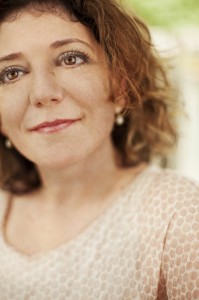
From Louisville. Live in Atlanta. Curious by nature. Researcher by education. Writer by practice. Grateful heart by desire.
Buy the Book!
The Stage Is On Fire, a memoir about hope and change, reasons for voyaging, and dreams burning down can be purchased on Amazon.

